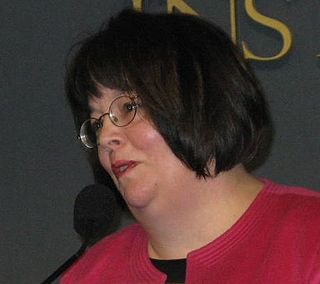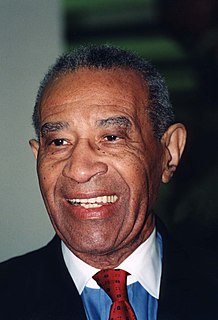A Quote by Dana Goldstein
A lot of charter schools are non-union schools that take a lot of teachers from alternative tracks, like Teach For America. They do this in part because a lot of charter schools have very strong ideologies around how they want teachers to teach. And they find that starting with a younger or more inexperienced teacher allows them to more effectively inculcate those ideas.
Related Quotes
Younger teachers are definitely more likely to have worked at charter schools as opposed to have just heard of them. Charter schools explicitly look, often, to hire younger people. I've even talked to people who didn't necessarily go into teaching thinking they wanted to work at a charter school or even may have been considered critics of the charter school movement, and found that it was the only way for them to get their foot in the door. So young people just have much more familiarity with the concept.
An early attempt at education choice was charter schools. These were meant to attract the best and brightest students and provide them a level of education they often could not find in their local school districts. The problem is that, of the thousands of charter schools, many are outright failures.
I used to take musical instruments home from elementary school. There were some music teachers there - we all learned instruments. A lot of us got started in public schools. Charlie Parker and Bud Powell, for example. But now there are no more music teachers in public elementary schools. It's like (Senator) Moynihan said, 'benign neglect.' Just let it rot and fester.
If charter schools are not more successful on average than the public schools they replace, what is accomplished by demolishing public education? What is the rationale for authorizing for-profit charters or charter management organizations with high-paid executives, since their profits and high salaries are paid by taxpayers' dollars?
Apparently almost anyone can do a better job of educating children than our so-called 'educators' in the public schools. Children who are home-schooled by their parents also score higher on tests than children educated in the public schools. ... Successful education shows what is possible, whether in charter schools, private schools, military schools or home-schooling. The challenge is to provide more escape hatches from failing public schools, not only to help those students who escape, but also to force these institutions to get their act together before losing more students and jobs.






























